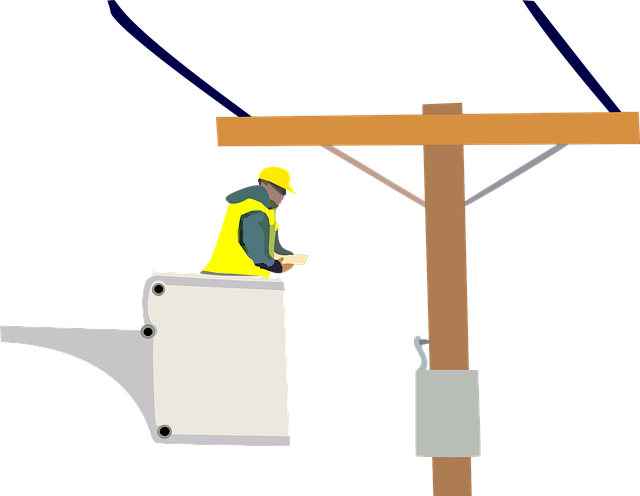Share This Article:

New Martinsville, WV (WorkersCompensation.com) – An employee’s pursuit of workers’ compensation benefits for an occupational disease generally hinges on the strength of the medical evidence.
As one case shows, the evidence linking the disease to the job setting may sometimes be so convincing that the employer is highly unlikely to win unless it’s prepared to present solid medical evidence and testimony calling the link into question.
The electrician in Chapman Corp. v. Kemp, No. 21-0501 (W. Va. 04/05/23), claimed he developed chronic lymphocytic leukemia because of benzene exposure while working in two chemical plants owned by his employer.
According to the electrician, he was exposed to benzene and/or benzene-containing chemicals or products throughout his 39-year career with the company. He was diagnosed with CLL in 2016.
The claims administrator denied the employee’s claim for workers’ compensation benefits. The Office of Judges then reversed that decision.
Reviewing the decision, the West Virginia Supreme Court of Appeals explained that Virginia Code § 23-4-1 provides the standard for compensability of occupational diseases. Under that provision, an employee seeking benefits must show:
> That there is a direct causal connection between the conditions under which work is performed and the occupational disease;
> That the disease can be seen to have followed as a natural incident of the work as a result of the exposure occasioned by the nature of the employment;
> That the condition can be fairly traced to the employment as the proximate cause;
> That the disease does not come from a hazard to which workmen would have been equally exposed outside of the employment;
> That the condition is incidental to the character of the business and not independent of the relation of an employer and employee; and
> That disease appears to have had its origin in the risk connected with the employment and to have flowed from that source as a natural consequence, though it need not have been foreseen or expected before its contraction.
The court held that the electrician’s claim met all six requirements. In reaching that decision, the court pointed in part to the work environment in which the electrician allegedly found himself for nearly four decades. For example, the electrician stated that benzene was stored and processed at the plants where he worked, that he worked on a benzene storage tank, and that there were frequent chemical leaks. He claimed that “he could smell a sweet odor” characterizing benzene on a regular basis while working. “He reported that he had to breathe fumes daily and did not recall wearing masks, gloves, or other safety equipment on a regular basis,” the court wrote.
The court also relied heavily on the electrician’s doctor’s statements that benzene was known to cause CLL and that the worker was exposed daily to the chemical, including through direct chemical contact. The doctor, the court noted, cited multiple studies linking the disease to benzene exposure, and finding that the longer the exposure and the greater the degree of exposure, the more likely a worker is to develop CLL.
The court agreed with the Office of Judges finding that the medical evidence supported the electrician’s claim that his benzene exposure caused his disease.
Finally, the court noted that the only medical evidence the employer submitted was a doctor’s record review, which was not as reliable as the evidence put forth by the electrician.
The court affirmed the Office of Judges’ finding the electrician provided sufficient evidence to find his claim compensable.
AI california case file case management case management focus claims compensability compliance courts covid do you know the rule exclusive remedy florida glossary check Healthcare health care hr homeroom insurance insurers iowa leadership leadership link medical NCCI new jersey new york ohio osha pennsylvania roadmap Safety safety at work state info tech technology violence WDYT what do you think women's history women's history month workcompcollege workers' comp 101 workers' recovery Workplace Safety Workplace Violence
Read Also
- Jul 12, 2025
- Frank Ferreri
- Jul 11, 2025
- Frank Ferreri
About The Author
About The Author
- Chris Parker
More by This Author
Read More
- Jul 12, 2025
- Frank Ferreri
- Jul 11, 2025
- Frank Ferreri
- Jul 11, 2025
- Frank Ferreri
- Jul 10, 2025
- Anne Llewellyn
- Jul 10, 2025
- Frank Ferreri
- Jul 10, 2025
- Liz Carey




